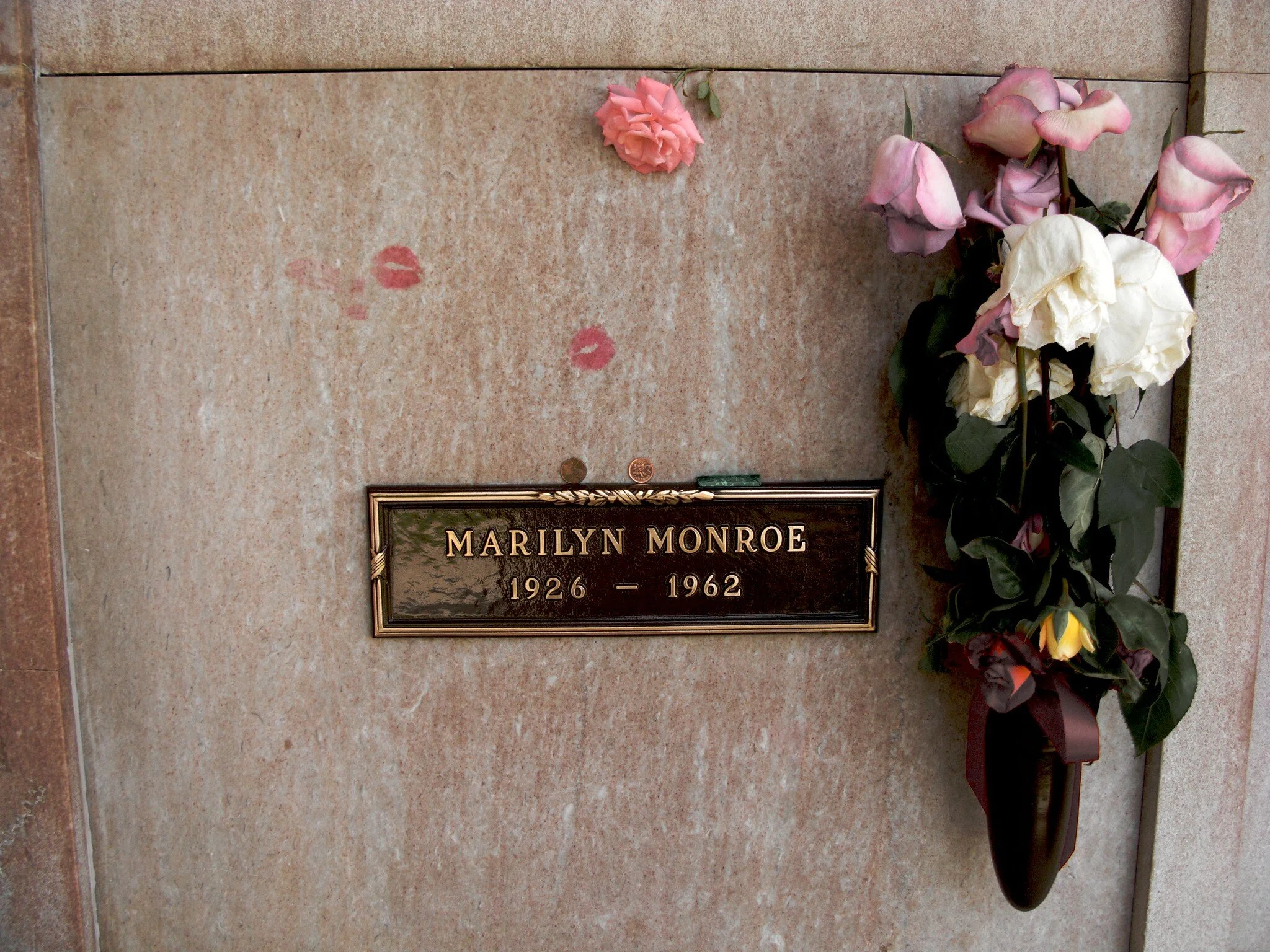 The richness of human imagination has rarely been more realized than in the day/night dreams of Leonardo da Vinci which have deeply impacted modern humankind. Although his fantasy images were limited to the available technologies of the day, he nonetheless, envisioned each as real and probable in time. His fifteenth century vision of a machine capable of leaping into the air under the control of humans in flight has come to pass in the helicopter. I can imagine him watching birds doing these things and actually, in his mind, performing them, himself. When I was a child, people asked me what I wanted to be when I grew up. As serious as a monk in prayer, I answered, "A bird!" I have experienced, in every human sense possible, the thrill of flight that Leonardo envisioned as the nearest humans could initiate actual bird flight.
The richness of human imagination has rarely been more realized than in the day/night dreams of Leonardo da Vinci which have deeply impacted modern humankind. Although his fantasy images were limited to the available technologies of the day, he nonetheless, envisioned each as real and probable in time. His fifteenth century vision of a machine capable of leaping into the air under the control of humans in flight has come to pass in the helicopter. I can imagine him watching birds doing these things and actually, in his mind, performing them, himself. When I was a child, people asked me what I wanted to be when I grew up. As serious as a monk in prayer, I answered, "A bird!" I have experienced, in every human sense possible, the thrill of flight that Leonardo envisioned as the nearest humans could initiate actual bird flight.
I AM a helicopter pilot therefore I AM a helicopter. The integration between a human and a machine is complete when the former is strapped into the latter becoming one and the same. Every human sense becomes ten-fold more sensitive to the machine, and each vibration, sound, smell, sight, and touch becomes acute. When you break friction with the earth, you are no longer in the human world but in the world where the inhabitants are naturally equipped to fly. You may dance upon the air through every landscape that exists. Leonardo's vision inhabited many inventors, but one, in the twentieth century, made it real….Igor Sikorsky. Others followed in his footsteps, making the machine better and more friendly to those who have the lust to be a bird. One of those who believed in the machine enough to make it better and safer, my hero, Howard Hughes.
Through odd circumstances, I became a helicopter pilot, and no matter how odd, I have benefited beyond my wildest dreams. It is my goal to share the most wondrous of human experiences by leaping into the air and flying like a bird.
















